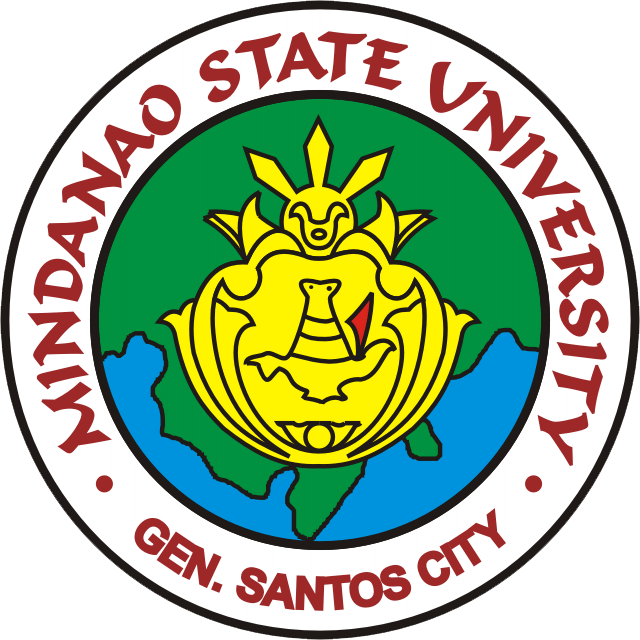This study is qualitative in tradition and phenomenological in nature using case study in approach on "pangungutang" as mitigation against socio-economic crisis during COVID-19 pandemic. Three women-research participants were taken and were identified using a set of criteria. Data were gathered using a validated self-constructed in-depth interview guide, and were analyzed using a simple thematic analysis that involved identification of themes capturing the essence of their responses relative to the "functionality" of loaning.in their process of overcoming economic difficulties.
Findings revealed that these housewives are middle aged, breadwinners of huge and poor extended families since their husbands were either long unemployed or displaced from work during pandemic. Interacting circumstances led them to avail of loans from the multi-purpose cooperative which include as follows: financial instability that led to disruption of their small sari-sari store business, increasing basic and school related demands of children during the pandemic and with the more financial obligation repayment become difficult resulting to late payment making them vulnerable to exploitation forcing them to reloan to avoid embarrassment due to late payments of previous loans. In order to manage the money derived from loans, in order to reduce the severity of socio- economic crisis they encounter during the pandemic their stories theme includes: loaned money used as additional capital for their small sari-sari store and juggle funds from different source as mechanism of managing loaned money. Providing livelihood opportunities to husbands who were displaced from work during the pandemic and scholarship for children can be need-responsive support to the plight of these housewives as small sari-sari store owners who have been solely dependent on loaning money for survival. Small-business support related policies can also be reviewed and probably reframed to ensure that poor housewives are included as beneficiaries in their quest for development.
Author
CRYSTAL MAE G. MONTEFALCON
Abstract
SY
2022
Program
Bachelor of Arts in Sociology
Department
Department: Sociology
College
College: Social Sciences and Humanities
